
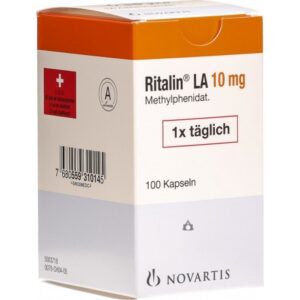
Buy Ritalin 100x 10mg Online
0 out of 5
From $202.85
- Reference: #Ritalin-10mg
- Active substance: Ritalin Methylphenidate
- Manufacturer / Brand: Novartis Pharma GmbH
SKU: 956658
Category: Nootropics
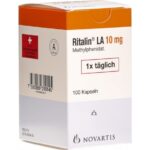
Buy Ritalin 100x 10mg Online
From $202.85
In stock
- Description
- Additional information
- Reviews (0)
Description
Ritalin is a medication primarily used in the treatment of attention deficit hyperactivity disorder (ADHD) and narcolepsy. It contains the active substance methylphenidate hydrochloride, a central nervous system stimulant. Here’s a comprehensive description:
Key Features:
- Indications: Ritalin is indicated for the treatment of attention deficit hyperactivity disorder (ADHD) in children and adults. It is also used off-label for the treatment of narcolepsy, a sleep disorder characterized by excessive daytime sleepiness and sudden attacks of sleep.
- Active Substance:
- Methylphenidate: Methylphenidate is a central nervous system stimulant that works by increasing the levels of certain neurotransmitters in the brain, including dopamine and norepinephrine. These neurotransmitters play a key role in regulating attention, behavior, and impulse control.
- Dosage Form: Ritalin is available in tablet form for oral administration. Each tablet typically contains 10mg of methylphenidate hydrochloride.
- Dosage and Administration: The dosage of Ritalin and the frequency of administration are individualized based on factors such as the patient’s age, weight, medical condition, and response to treatment. It is usually taken orally once or twice daily, with or without food.
- Mechanism of Action: Ritalin exerts its therapeutic effects by blocking the reuptake of dopamine and norepinephrine in the brain, leading to increased levels of these neurotransmitters in synaptic clefts. This enhances neuronal activity in areas of the brain involved in attention, concentration, and impulse control.
- Therapeutic Effects: In individuals with ADHD, Ritalin helps improve attention span, concentration, and impulse control, leading to better academic or occupational performance and reduced hyperactivity and impulsivity. In patients with narcolepsy, it helps alleviate excessive daytime sleepiness and improve wakefulness.
- Onset and Duration of Action: Ritalin typically begins to take effect within 30 to 60 minutes after oral administration, with peak effects observed within 1 to 2 hours. The duration of action varies depending on the formulation and individual response, ranging from 3 to 6 hours for immediate-release formulations and up to 12 hours for extended-release formulations.
- Side Effects: Common side effects associated with Ritalin may include:
- Nervousness or restlessness
- Insomnia
- Loss of appetite
- Headache
- Increased heart rate or blood pressure
- Gastrointestinal upset (such as nausea or stomach pain)
- Contraindications and Precautions: Ritalin is contraindicated in individuals with known hypersensitivity to methylphenidate or any of its components. It should be used with caution in patients with certain medical conditions, such as cardiovascular disease, hypertension, hyperthyroidism, or a history of substance abuse.
- Storage: Ritalin should be stored according to the manufacturer’s instructions, typically at room temperature away from light, heat, and moisture. It should be kept out of reach of children and pets to prevent accidental ingestion.
As with any medication, the use of Ritalin should be supervised by a healthcare provider experienced in the treatment of ADHD or narcolepsy. Patients should be regularly monitored for treatment response, side effects, and signs of misuse or abuse. Close communication between patients, caregivers, and healthcare providers is essential for optimizing treatment outcomes and ensuring safe and effective use of Ritalin.
Additional information
| Quantity | 1, 5 |
|---|
Be the first to review “Buy Ritalin 100x 10mg Online” Cancel reply
Related Products

Nootropics
Buy Modalert (Modafinil) 100x 200mg Online
0 out of 5
From $245.55
Total Sales: 0
SKU: 771378
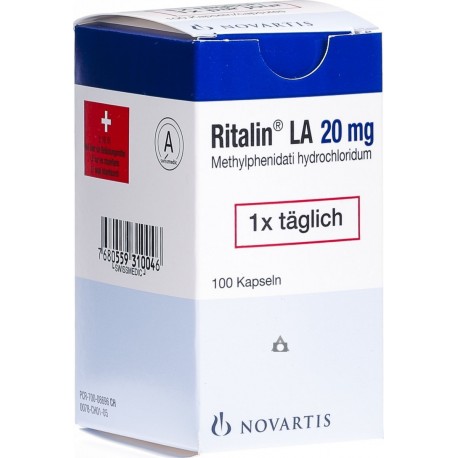

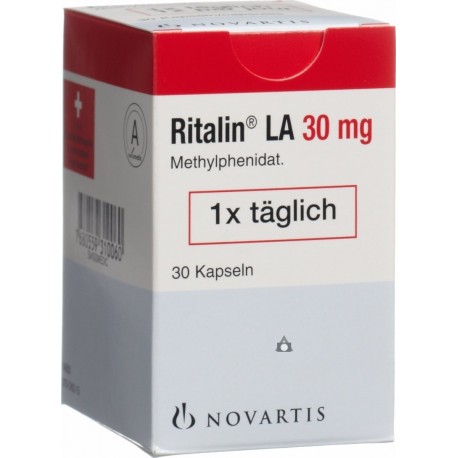
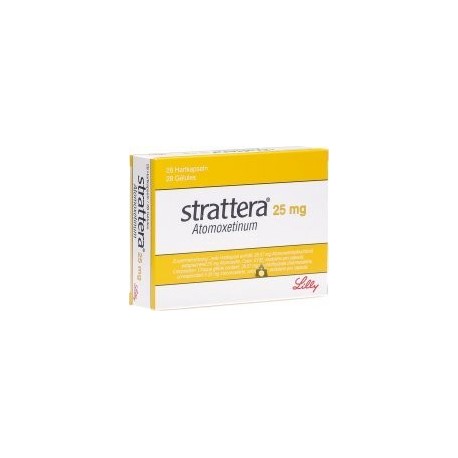

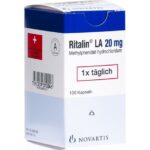
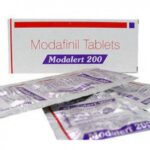
Reviews
There are no reviews yet.